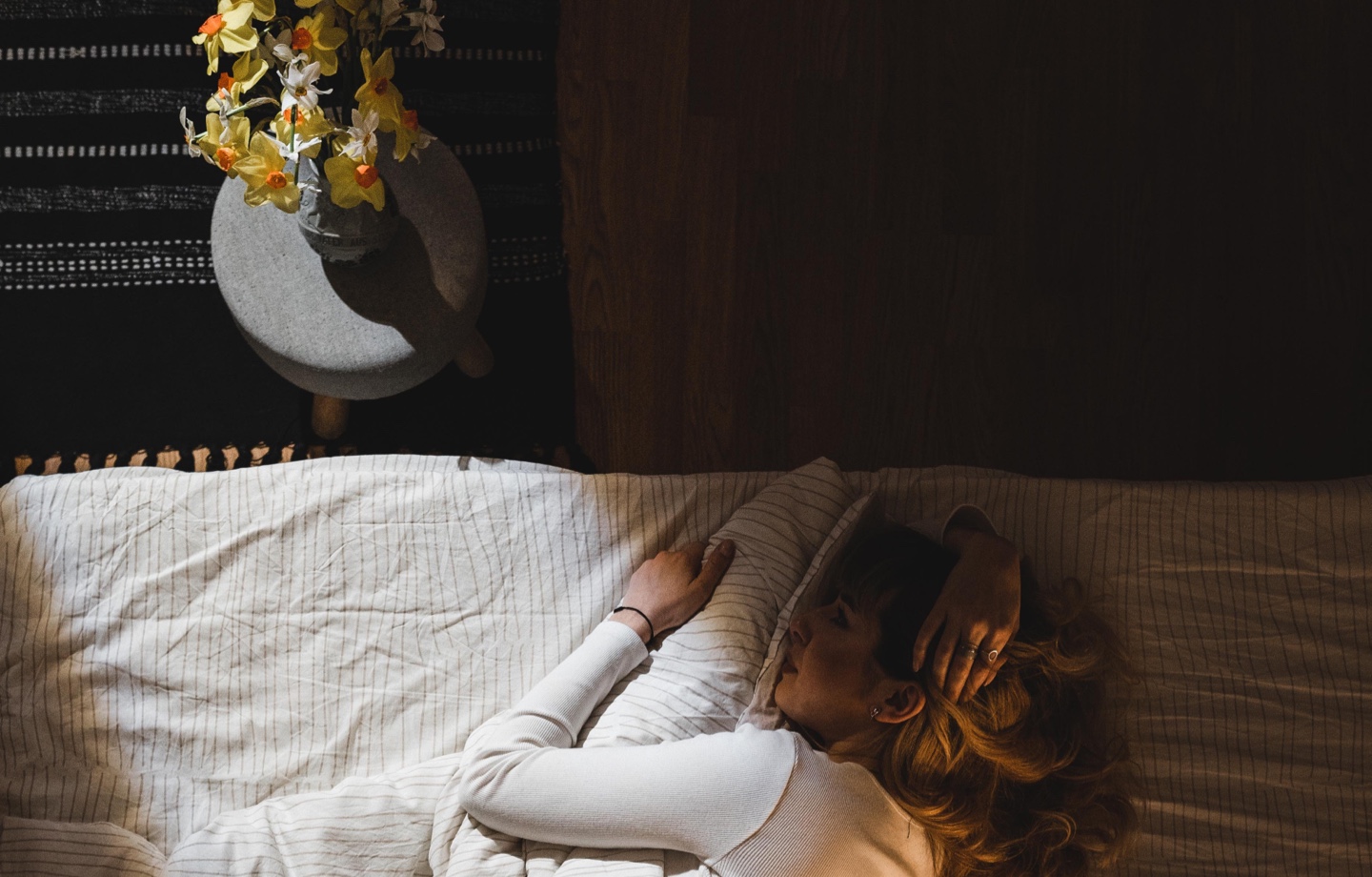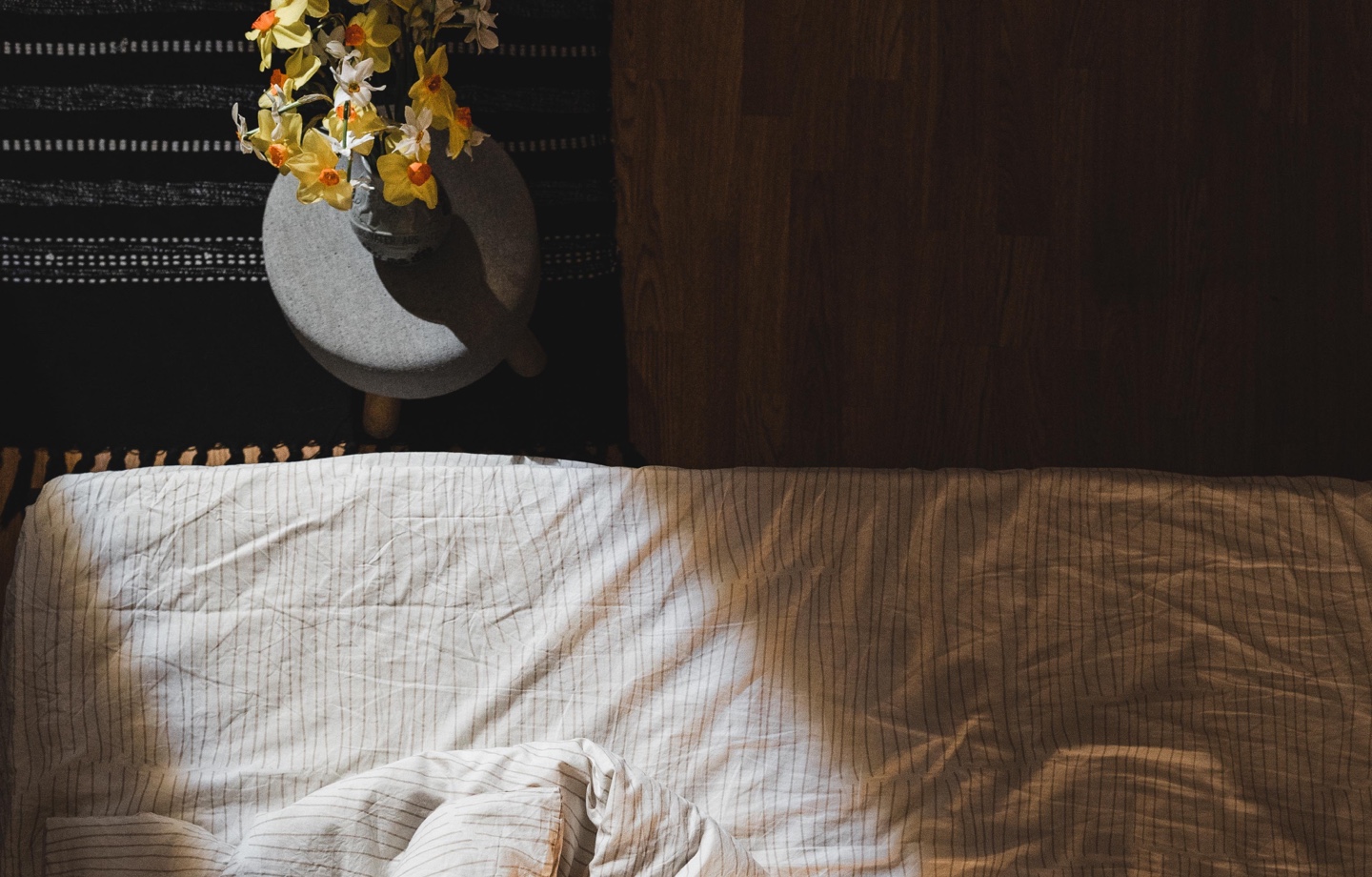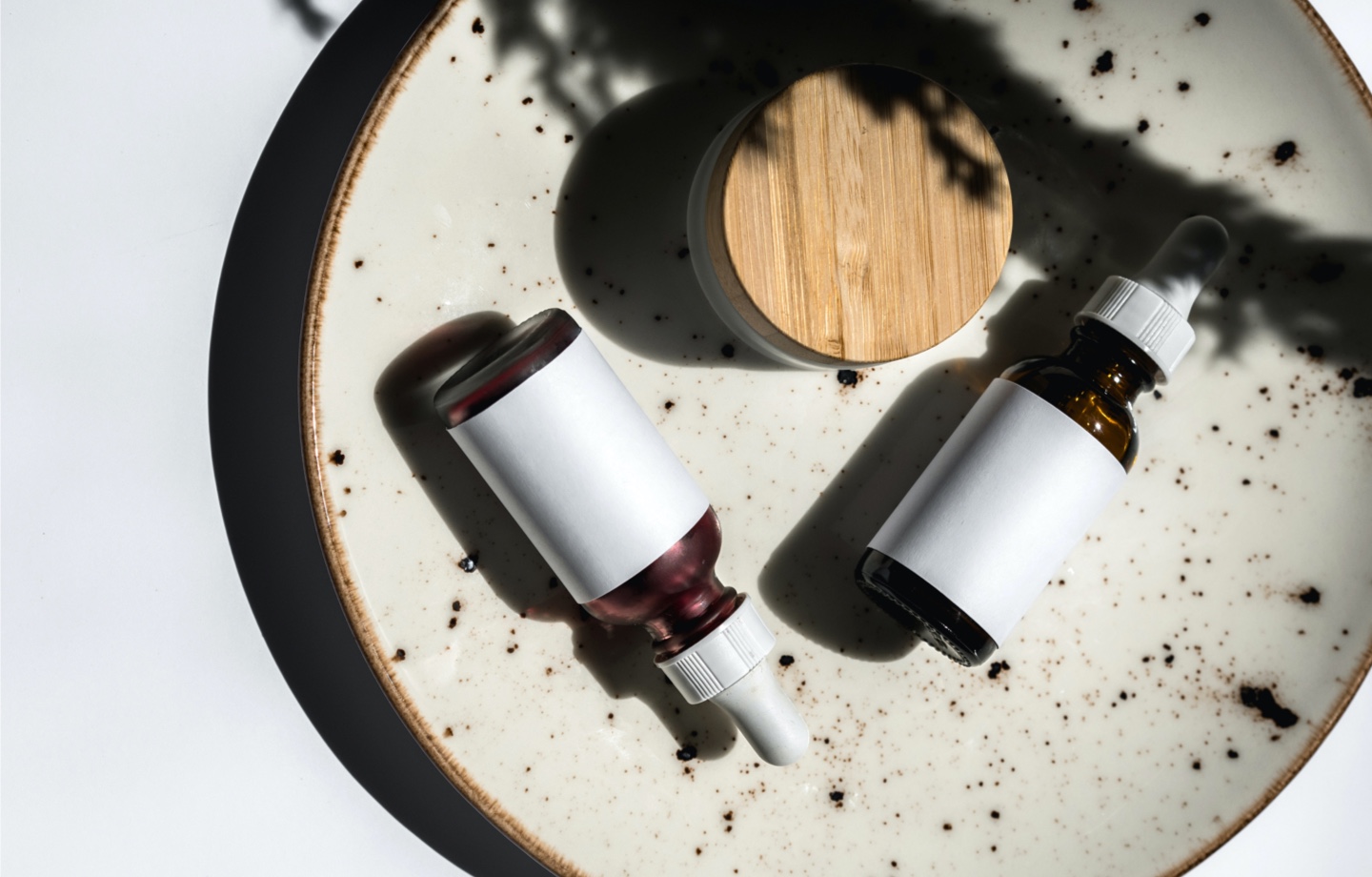More research is needed, but studies show CBD has the potential to help alleviate some causes of insomnia.
If you have trouble falling and staying asleep or getting a good night’s rest despite having enough time and space to sleep well, you’re probably experiencing the most common sleep disorder in the United States: insomnia. Insomnia affects about one-third of people in the country and can be frustrating to live with.
Those that suffer from this sleep disorder often feel drowsy, fatigued, and unproductive. Not only that, prolonged periods of little sleep can increase the risk of chronic health problems and are tied to a higher likelihood of heart disease, type 2 diabetes, insulin resistance, high blood pressure, obesity, anxiety, and depression.
It’s possible to manage insomnia. Following sleep hygiene practices like creating a sleep-friendly bedroom, staying physically active during the day, sticking to a sleep schedule, avoiding daytime naps, and managing stress levels have all been shown to help with difficulty sleeping. Cognitive behavioral therapy, prescription sleeping medications, and over-the-counter sleep aids can support healthy slumber, too.
Read more: Sleep Supplements We Swear By
However, following the legalization of recreational and medicinal cannabis in many parts of the world, including the U.S., CBD — or cannabidiol — is fast becoming a popular option for managing insomnia. While CBD is one of 113 cannabinoids found in cannabis, it doesn’t induce the psychoactive ‘high’ effect associated with THC in marijuana.
Although the compound is gaining traction as a sleep supplement, more evidence is needed to understand the benefits of taking CBD for insomnia — and how to take it safely. Here’s what we do know.
Does CBD Help With Insomnia?
According to a 2021 study, a common reason people consider medicinal cannabis is for insomnia. But researchers are still investigating whether CBD on its own — which is sold in gummy, oil, and capsule form — can improve symptoms, how beneficial it is for long-term use, what dosage is recommended, and the potential side effects.
Most recently, a 2022 review looked at the benefits of CBD in managing insomnia by analyzing 34 studies. The results suggest that CBD, or CBD with equal amounts of THC, may help improve insomnia symptoms. The caveat? Only two of the 34 studies focused on patients with insomnia, and one was a case report, so more research is needed to confirm how well CBD works in people with the sleep disorder.
It’s true that CBD can produce a calming effect, relieve pain, and ease anxiety, all of which support better sleep. But the compound also has alerting effects that may be counterproductive to quality sleep.

Read more: How to Use Melatonin For Sleep
How to Use CBD For Insomnia
So much is unclear when it comes to using CBD for insomnia. To date, the FDA has only approved one cannabis-derived and three cannabis-related drugs.
If you’re considering CBD for insomnia, speak with a doctor first. A professional can offer the best advice about whether the sleep aid is appropriate for you, what dose to take, and how often. They may also have specific CBD product recommendations.
It’s also important to note that CBD, when taken with medications like antidepressants and antihistamines, may be harmful to the body — so tell your doctor about any medications or supplements you may be taking.
CBD is generally safe to take, but some side effects include:
- Dry mouth
- Diarrhea
- Reduced appetite
- Drowsiness
- Lightheadedness
- Nausea
- Fatigue
CBD may also cause liver damage when taken in inappropriate doses. In the meantime, you can improve sleep quality by following simple sleep hygiene practices.
Here are a few that may help with insomnia:
- Follow a sleep schedule. Go to bed and wake up at the same time every day and on weekends to regulate your circadian rhythm.
- Avoid taking daytime naps as they may affect your ability to fall asleep at night.
- Limit caffeine, alcohol, and nicotine intake too close to bedtime or at least four hours before going to sleep.
- Make your bedroom inviting for sleep by keeping it cool, dark, and quiet.
- Avoid using your phone, tv, tablet, laptop, and other blue-light emitting devices less than an hour before bedtime as they may affect your sleep quality.
- Develop a relaxing bedtime routine that prepares you for a good night’s rest.
- Try to be physically active during the day and spend some time in the sunlight — particularly in the morning.
- Avoid heavy meals and drinking too much water close to bedtime.
- Manage stress levels by setting time during the day for self-care activities.

Read more: When is it Time For a Sleep Study?
Have feedback on our story? Email [email protected] to let us know what you think!

Shop Pillows
The Essential Organic Pillow Collection
Gentle, breathable, non-toxic support.







